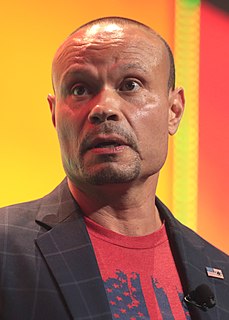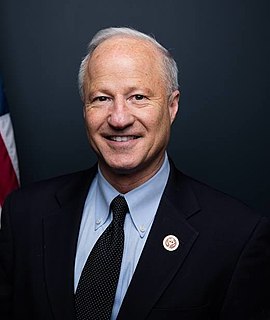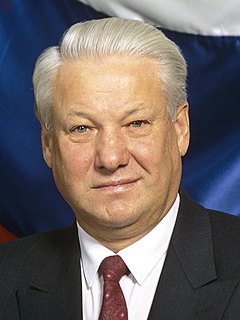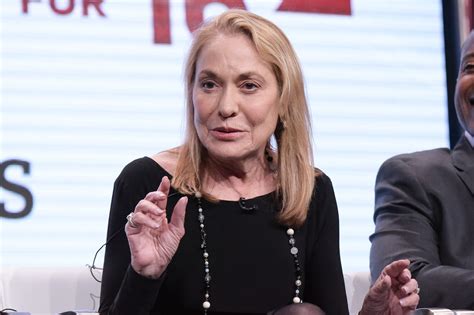A Quote by James Baker
I understand personally, ... that it is frustrating to lose presidential elections by narrow margins.
Related Quotes
Consider this: The United States held its first presidential election in 1789. It marked the first peaceful transfer of executive power between parties in the fourth presidential election in 1801, and it took another 200 years' worth of presidential elections before the courts had to settle an election.
Even the Republicans themselves have acknowledged they have a diversity problem. If you look at their autopsy report following the 2012 election, they have specifically said they would continue to lose presidential elections unless they address the problem that they have with their alienation of minority groups.
One of the most frustrating things is to see a country in which you had elections, the elections were a success, but then you have to say to people nothing can be improved in the next few months, even in the next few years, in infrastructure, in water, in sanitation, in health, in education, in jobs.
I think, first and foremost, showing up, making sure that Democrats focus not just on elections, not just on presidential elections, but we begin the process of rebuilding the infrastructure of the party at the grassroots. We begin going out to all those rural counties and begin having a conversation with rural voters and making sure that we hear their concerns, hear their complaints, and also educate them about what we are doing, making sure that we focus on state legislative races, not just congressional, Senate, governor, and presidential races.
Barack Obama was elected President in 2008 and re-elected in 2012. The natural thing would be to suggest money on the right [wing] doesn't really matter that much. The first thing you have to know is that the presidential elections are the ones where it's most difficult for money to hold sway, in that they're the most public elections.

































